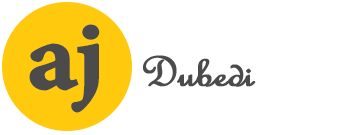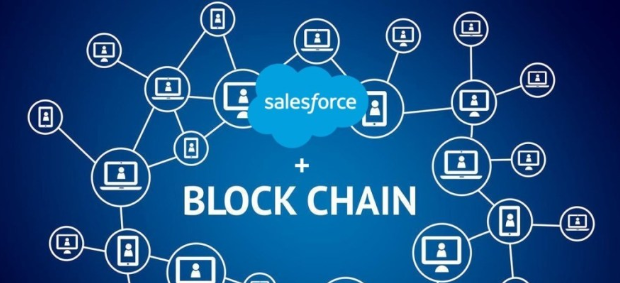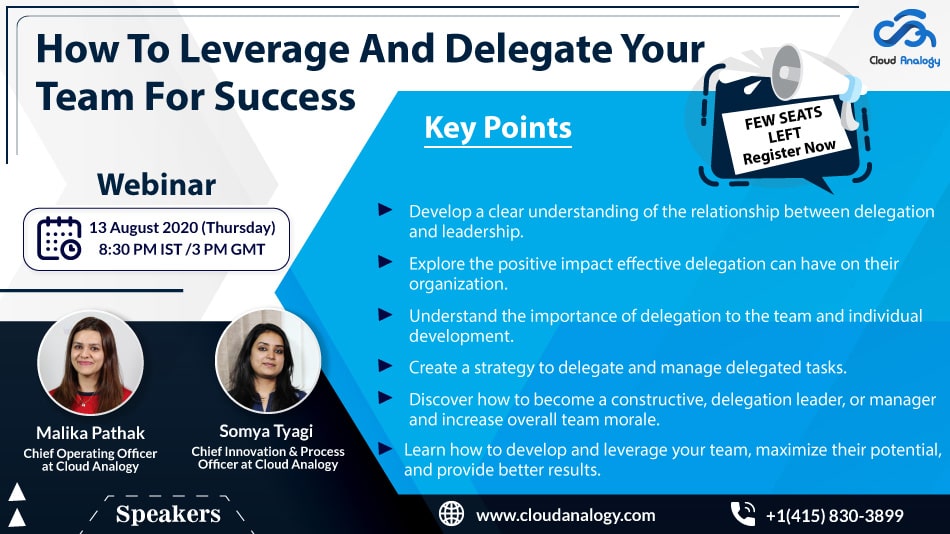Salesforce recently unveiled the Salesforce Blockchain at its TrailheaDX Developer Conference. Initially revealed at last year’s event, this solution enables leveraging the blockchain technology through clicks instead of the requirement to write code. This move is seen by industry experts as an excellent way ahead by Salesforce to extend data associated with customer relationship management to partner networks.
Trailhead AI Module Components
The Trailhead AI module will cover:
- Recognizing bias in AI
- Understanding AI
- Human and ethical use of technology
- Removing exclusion from algorithms and data
Bias, transparency, and ethics are critical concepts in the world of Artificial Intelligence. The biggest problem lies in the fact that algorithms by themselves may not have bias individually, but they acquire bias when combined with other models. Industry players like IBM have advocated for an additional layer of software for monitoring algorithms to see how they work together in tandem for producing bias.
What is Blockchain?
A Blockchain can simply be classified as a growing list of records known as blocks that are associated using cryptography wherein each block includes a cryptographic hash of a timestamp, the previous block, and transaction data. By design, it is resistant to modification of the data and this technology is used for creating a secure linkage between records.
Making an edit or update to an individual record entry requires making an alteration to the cryptographic hash that gets generated as the record was created. Any record added to the ledger after an altered record is required to be re-validated and re-added to the ledger and also with updated hashes. Typically, a change to the value of a record is published as a new ledger entry in a blockchain.
What is Salesforce Blockchain?
Salesforce Blockchain refers to an innovative way of creating, securing, and sharing data from applications within a partner network. This is primarily due to the fact that it offers the infrastructure of a distributed ledger while adding on the capabilities of Salesforce metadata. Partners can independently and securely verify records from whatever system they use on Salesforce Blockchain. Salesforce users are free to view and work with blockchain data in automation, reports, and all the places where they expect to work with typical record data.
Salesforce Blockchain, which is built on open source blockchain technology from Hyperledger Sawtooth, would let customers manage workflows, applications, and contracts based on the blockchain without code. In another development, Salesforce announced the creation of modules on the Salesforce Trailhead developer education platform. These modules are created with a predefined purpose to address partners, customers, and employees who will be working with Einstein and using different models.
The Trailhead modules, aside from educating the ecosystem of Salesforce, could also be used for informing future features to build into Einstein. It is worth noting here that Einstein already has a wide range of Artificial Intelligence anti-bias tools built-in and more tools are expected to be introduced in the near future.
Why create trusted partner networks with Salesforce Blockchain?
A low-code blockchain platform, Salesforce Blockchain extends the power of customer relationship management in countless ways. Deeply customized for Salesforce Lightning, it significantly minimizes the barriers for creating trusted partner networks and enables organizations to bring together distributed, authenticated data and CRM processes.
Using Salesforce Blockchain, you can:
- Automate data with Lightning Platform: Salesforce Blockchain helps you make blockchain data actionable through native integration with Salesforce. Organizations even get the opportunity to run Einstein-powered AI algorithms that have the capabilities of integrating blockchain data into sales predictions, forecasts, and more.
- Build a network with clicks: Salesforce Blockchain helps you build and maintain blockchain applications, networks, and smart contracts that are unique and specific to the requirements of your business by using the powerful low-code capabilities of Salesforce. Customers now get the opportunity of creating and sharing blockchain projects in the same process as any customer relationship management object with clicks instead of code.
- Engage partners in easy ways: Organizations can leverage Salesforce Blockchain by reducing the barrier to entry for distributors, partners, and intermediaries. They can now pull in pre-built apps, pull in application programming interfaces, and integrate any existing blockchain(s) with Salesforce. If this is not all, organizations through an intuitive engagement layer can easily interact with and even add third parties to their blockchain by just making a few clicks and a simple authentication for the purpose of creating trust networks.
What does Salesforce Blockchain mean for Application Developers?
One of the most critical parts of Salesforce Blockchain is to identify potentially valid use cases. You should ask yourself some questions to identify whether or not your app is a good candidate for Salesforce Blockchain:
1: Does the app need to satisfy certain requirements (for regulatory compliance or auditability)? Does the app require a historical, granular record of changes and data over a period of time?
If the answer is in an affirmative then the way in which changes to record data are published by blockchain as additional ledger entries could be of great use in your application. If the answer is no then you are required to identify if the kind of data included in the ledger will be beneficial to your application. You may be expected to inquire whether there are any advantages of data capturing at all if it is not a core piece of the functionality of the application. Blockchain may not be the right way for data storage for your app without clear advantages to the app.
2: Does the source for app data of truth need to be a single set of records?
A distributed ledger is not going to assist your application to establish a single system of truth if the reply is in the affirmative. Every partner, in a distributed ledger, has a similar copy of the ledger and no single ledger is the source of truth.to
3: Does the app involve unknown or a large number of partners who may or may not trust each other?
One of the biggest advantages of blockchain technology is the ability to establish secure and trusted relationships between many different parties. The best thing is that this association doesn’t require any integration between the involved partners or their systems and the network of blockchain can be used for handling scaling with a predefined purpose to accommodate different network partners.
Conclusion
Using Salesforce Blockchain solutions, organizations can use blockchain for customer data in a secure, verified, and distributed way. Salesforce is hoping that a combination of blockchain and CRM can help in creating new workflows and processes across sales, marketing, and service.
A move into blockchain does make sense when coupled with the acquisition by Salesforce of Mulesoft that is designed to connect enterprise applications. The best thing is that Salesforce has its eyes on automating blockchain data and making it native to the platform after which blockchain can easily be integrated with Einstein algorithms and this can be of great advantage for your organization in the times to come.








Recent Comments